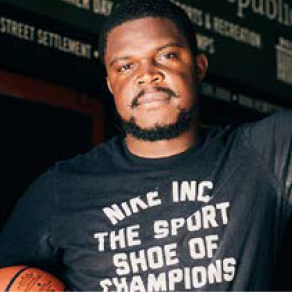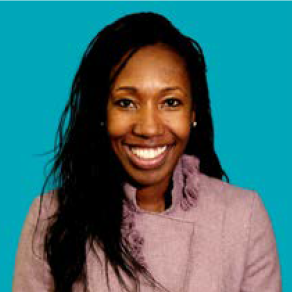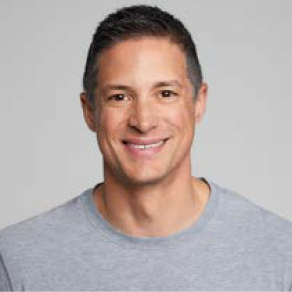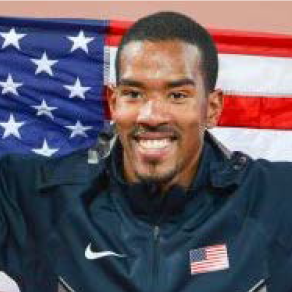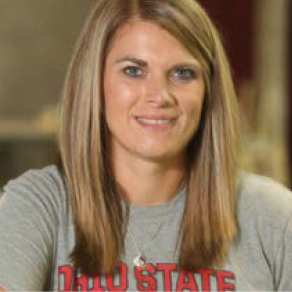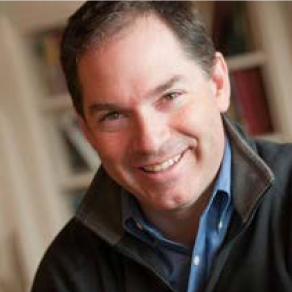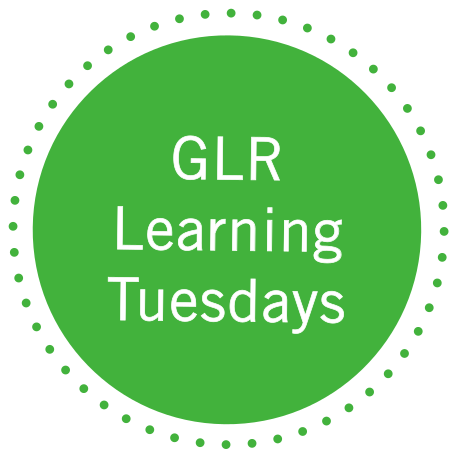
- This event has passed.
Sports-Focused Initiatives: A Way Through the Debate about SEL?
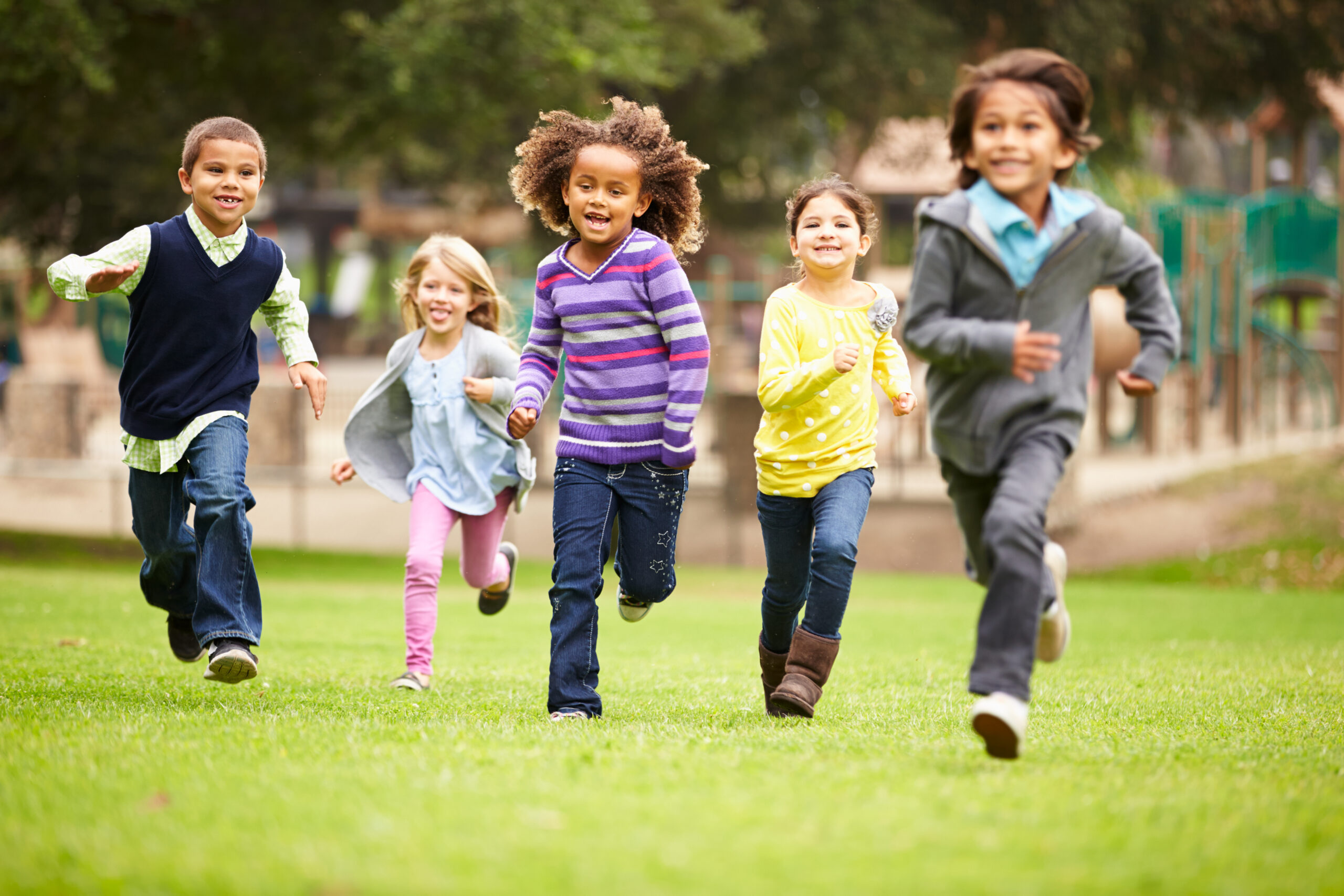
In this learning experience, we engaged with Olympic gold medalists and other leaders who are successfully creating opportunities for students to engage in sports-based SEL (social-emotional learning) programs and dispelling some of the discomfort and concern that some parents and educators experience with SEL. We explored the importance of ensuring that students’ educational experiences include being part of a safe and open culture to advance their developmental needs, and how sports-oriented SEL initiatives can help achieve this and be a point of unity in the debate about SEL.
Educational leader and sports dad Andy Rotherham of Bellwether moderated the conversation and began the discussion by asking each panelist to introduce themselves and their work and share what they mean when they say SEL. The panelists — Steve Mesler, Olympic gold medalist and founder of Classroom Champions; Christian Taylor, also an Olympic gold medalist and board member and mentor for Classroom Champions; Anthony Andino of the Center for Healing and Justice Through Sport; Kali Thorne Ladd of the Children’s Institute in Oregon; and Becky Wade-Mdivanian of LiFEsports at The Ohio State University — discussed how they frame their work and how they elevate the importance of the skills associated with social-emotional learning.
Ladd, whose work is more broadly focused on SEL, expressed her perspective on the topic in this way:
I’m looking at it from both an educator and through a neuroscientific lens. Thoughts and feelings are intermingled in the brain. And so for students to thrive, for young people to thrive, the SEL muscle being built is really integral to them learning and to them being successful in life.
Rotherham then engaged the panel in a robust discussion of how the “athlete’s mindset” is focused on resilience and perseverance and how this mindset and related skills can be taught by engaging in sports and in other ways that do not require kids to play sports. As Ladd lifted up, speakers discussed the neuroscience research on how brains develop and the need to engage kids in activities that teach them to control their bodies and their emotions, solve problems and ask for help, as well as other basic non-controversial skills critical for youth development.
Wade-Mdivanian expressed how important it is to include opportunities for students to reflect on what they are learning and consider how the skill is transferable.
Sometimes we might play a basketball game and someone fouls us, and we didn’t have great self-control, we didn’t have great emotional regulation [and you learn from that.] How do we teach a kid in that moment a skill to use, but then reflect on it at the end of the activity with the child and say, ‘Okay, now where else could you use this? Could you use this when you fail that test at school and you’re really frustrated? When you didn’t understand how to do a drill at practice and you came up and asked me, could you also go ask your teacher when you’re stuck on a problem?’
We thank you for joining this unique learning and engagement opportunity. We hope you found it enlightening and that you will plan to join us again for future opportunities
Panel
